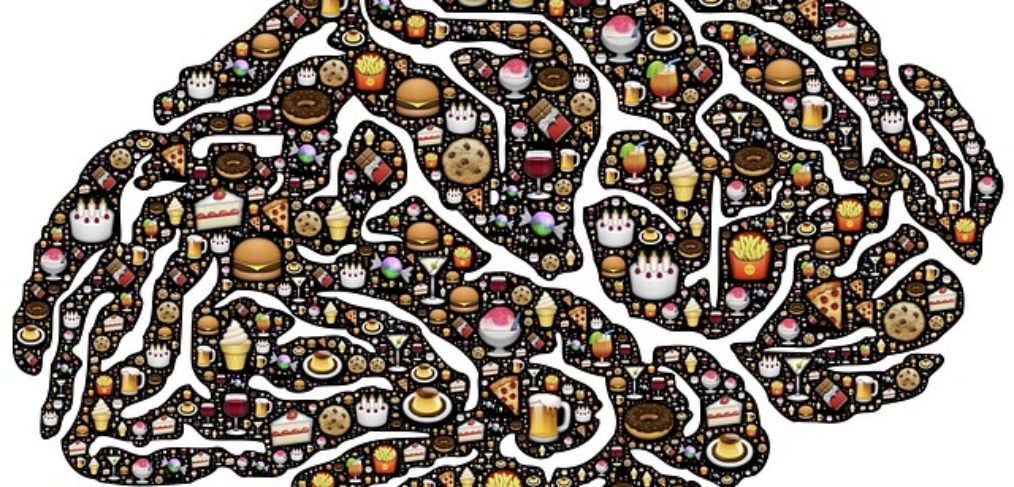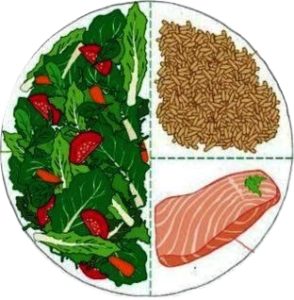
The Diet Brain Connection
What you put in your stomach directly impacts how you think and how your learn. By enhancing your Diet Brain Connection, you can increase your concentration and memory. That’s because the foods you eat can increase or decrease brain fog, distractibility, depression and anxiety.
Too Many Refined Carbs Hurt the Brain
Your brain is an energy hog. It uses more energy than any other organ in the body. Taking up only 2% of your weight, it uses 20% of your fuel. So, if there’s a disruption in your fuel supply, the brain is going to feel it first, before other parts of your body. Sugary, low-fiber foods, and processed carbohydrates create a roller coaster effect on your blood sugars. First, they raise blood sugars well above normal. Then with an equal an opposite reaction, your blood sugars crash. As a result, you have a hard time thinking clearly. But there is an even more insidious problem than bouncing blood sugars.
Sweet & Processed Foods Inflame Your Gut
Crackers, chips, pasta, sandwiches, cookies, cakes, pastries, fruit snacks, fruit juice, soda and other convenience foods cause inflammation. But unfortunately, what happens in the gut does not stay in the gut.
Researcher Sarah Ballantyne explains that inflammatory cytokines (chemical messengers) produced in the gut in response to dietary stimuli travel through the bloodstream to every cell in the body. They cross the blood-brain barrier and activate brain cells that sustain inflammation. “An inflamed brain has fewer and slower nerve connections, which manifests as stress, depression, or anxiety,” she reports in her book, “The Paleo Approach.”
How Do I Enhance the Diet-Brain Connection?
To avoid learning difficulties and prevent memory hiccups, the first preventative strategy is to balance macro-nutrients. Americans typically get 60-80% of their food in the form of refined carbohydrates. So you can swap white carbs for colored ones and increase the ratio of natural fats and high quality proteins in your meals. A good rule of thumb is to make half your plate vegetables, not more than 1/4 of your plate starchy carbs (such as grains or potatoes), and at least 1/4 of your plate protein. Dress liberally with natural fats.

You can also make sure you are eating anti-inflammatory foods. The least inflammatory foods also happen to be the ones that are most nutrient rich. They include:
- Berries, lemons, limes and papaya
- Cruciferous vegetables: broccoli, cauliflower, cabbage, kale, and Brussels sprouts
- Garlic, onions, leeks, shallots, and chives
- Wild games such as duck, quail, pheasant, elk, bison, and deer
- Wild-caught seafood, including salmon, herring, halibut, sardines, oysters, and anchovies
Smart Snacking Keeps Your Thinking Sharp
Keep your diet-brain connection strong by avoiding empty calorie foods between meals. If you must snack, try a boosting combo that pairs a nutrient-rich carbohydrate with a natural fat. Here are a few ideas:
- Bell peppers and olives
- Dates and goat cheese
- Fruits and nuts
- Snap peas and tahini
- Grape tomatoes and hard-boiled egg
- Celery and sunflower seeds
For more ideas on taming brain inflammation, check out our free inflammation e-guide!
